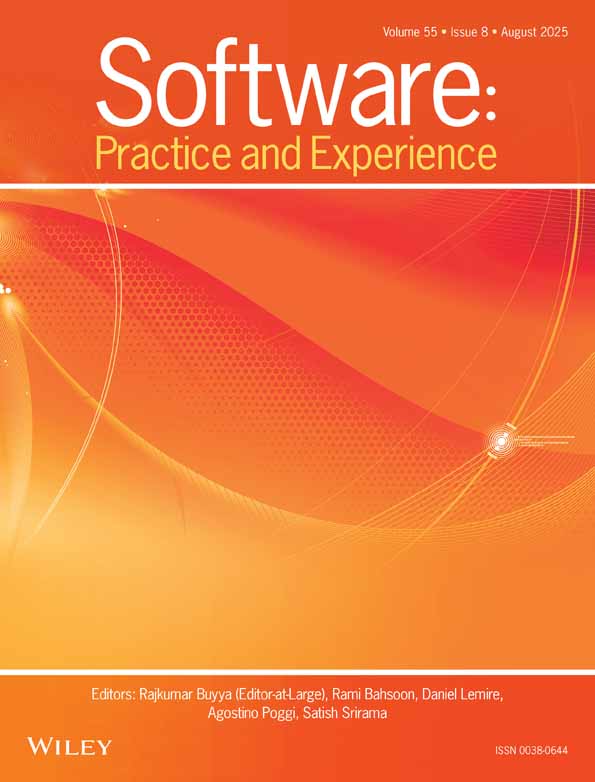Sharing of precompiled database statements in J2EE applications
Abstract
This paper presents a mechanism to optimize the access to a database for Java 2 Platform Enterprise Edition (J2EE) applications. This mechanism was used in the migration of a PHP application to the J2EE platform to solve the limitations found in the standard database access. The proposed mechanism is optimal for applications with complex database queries and/or a high number of them per time unit. It presents an alternative to the traditional access, which can produce a database overhead in applications with these characteristics. The proposed database access mechanism is based on the idea of sharing precompiled statements and connections between different users. When a part of the application wants to execute an SQL statement, either a new object is created representing it, or an existing one, created previously, is reused. Copyright © 2004 John Wiley & Sons, Ltd.




